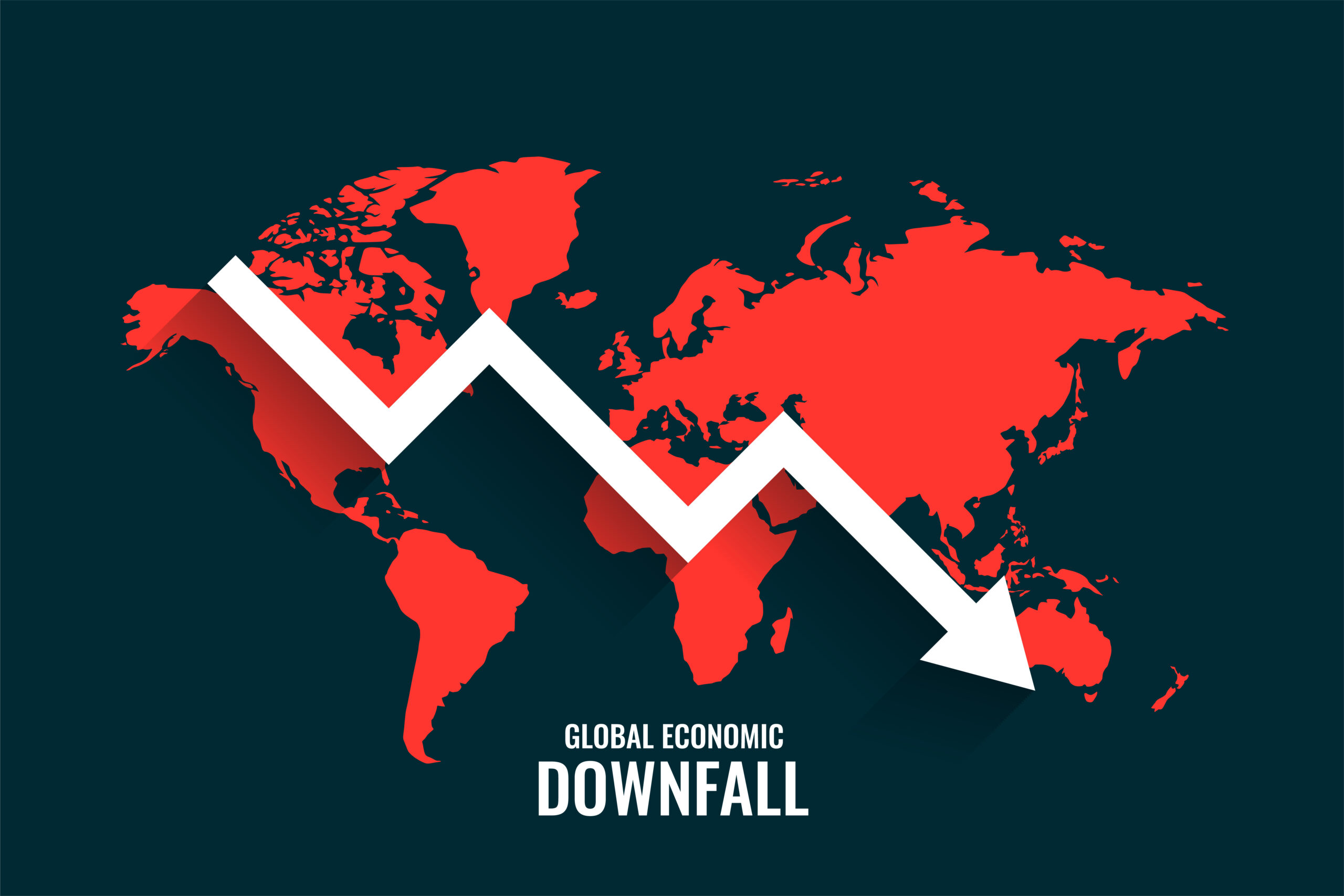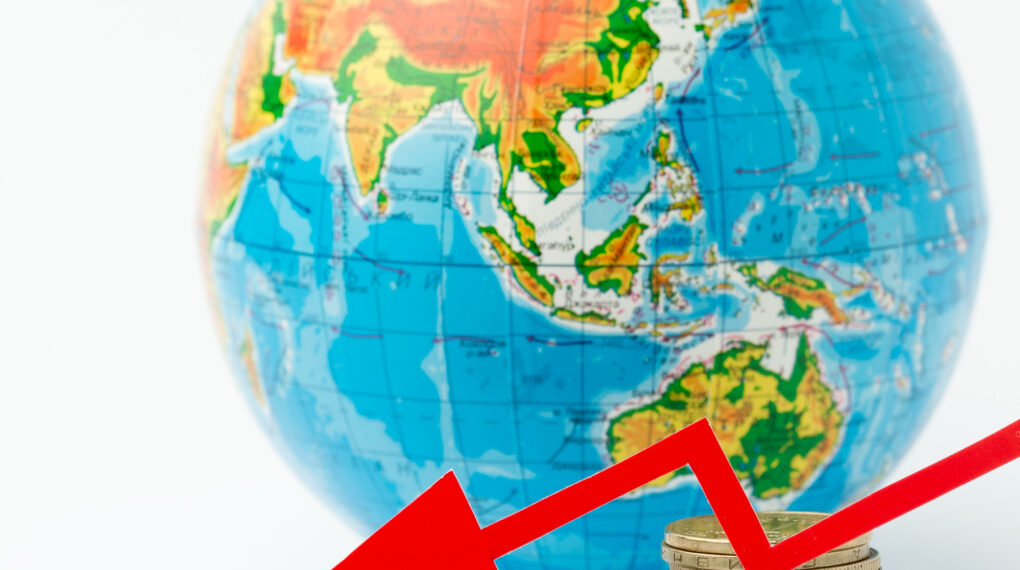Global stocks plunged over the weekend amid fears that the US economy is faltering, and on Monday, all three major US stock indexes were down significantly.
Share markets worldwide saw huge falls on Monday (Aug 5) with Japan’s Nikkei going down after questions over the health of the US economy. The event made worldwide investors panic and concerned about the market conditions.
What made this event happen?

The investors got rattled following reports showing that the US had only added 114,000 jobs in July, below expectations of about 150,000, and that unemployment had risen to 4.3 percent — higher than any month since October 2021.
There is also chatter about the unwind of the yen “carry trade” adding fuel to the global market decline after the Bank of Japan raised interest rates last week, reducing the interest rate differential between Japan and the U.S. That has contributed to the yen rising in value versus the dollar, ending a practice of traders borrowing cheap currency to buy other global assets.
Incident impact on stock markets
The Dow Jones Industrial Average fell more than 1,000 points, while the S&P 500 and the Nasdaq were down more than 3 percent — marking the S&P 550’s biggest one-day drop since September 2022.
In Asia overnight, Japan stocks confirmed a bear market as Asia-Pacific investors had their first chance to react to the sour job figures in the U.S. from Friday. The 12.4% loss on the Nikkei, which closed at 31,458.42, was the worst day for the index since the “Black Monday” of 1987 hit Wall Street.
The next few days could be critical. Markets are driven by psychology and often rebound quickly from sharp losses. But that does not mean the economy is cooling. It is and may continue to do so.



